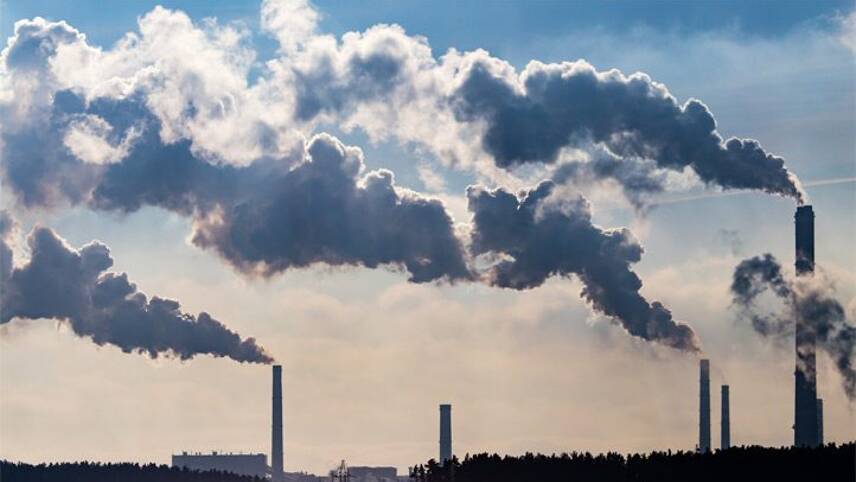Register for free and continue reading
Join our growing army of changemakers and get unlimited access to our premium content

The guide is free to download for edie users
The research was conducted by social and environmental non-profit and law firm Frank Bold, and analysed the sustainability reports and digital communications of 300 large businesses across six sectors: energy and extractives; food and beverages; finance; infrastructure; transport and ‘resource transformation’. The latter category includes waste managers, chemicals firms and forest firms.
Of these companies, more than eight in 10 (84%) do not report on their progress against climate targets on an annual basis, across all scopes of emissions. Just one in four reports on Scope 3 (indirect) emissions and just one in three discloses how carbon-intense their business is, on a per-product or per-employee basis.
These trends, Frank Bold claims, make it hard for Europe’s private sector to properly measure, disclose and act upon climate risk. Almost half of the companies surveyed do not explain their principal environmental risks to investors or customers and just 28% are aligning with the Task Force on Climate-Related Disclosures’ (TCFD) recommendations in some shape or form.
Frank Bold also found that most companies are not fully quantifying the business benefits of an ambitious sustainability approach. Less than 5% report turnover from sustainable products or activities – an approach championed by the likes of BT and Unilever.
“A vast majority of companies do not report critical data on climate transitions or the management of related risks and impacts, which is essential for the decision-making of investors and boards,” Frank Bold’s head of responsible companies Filip Gregor said.
“The lesson for policymakers is that they need to help companies by clarifying reporting requirements.”
New requirements
The European Union (EU) is expected to announce new requirements for climate reporting for large businesses next year, after members of the EU Parliament voted this month to consult on reforms to the bloc’s Non-Financial Reporting Directive.
Green groups hope that corporates will be mandated to disclose information on climate governance, decarbonisation and environmental risks through a unified reporting framework. The EU is deciding which sectors the rules should apply to first – and what size businesses should be included.
While the changes will not apply to the UK, as they will be introduced after the Brexit transition period, national requirements are getting stricter here, as well.
From 2023, all publicly listed UK companies with a premium listing will be required to “comply or explain” with the TCFD’s requirements, the Financial Conduct Authority (FCA) announced this month. The rules will then be tightened and extended further in 2025, subject to consultation.
This requirement builds on the Streamlined Energy and Carbon Reporting (SECR) mandate. Aside from climate impacts, UK businesses with multinational supply chains for ‘forest-risk’ products like soy and palm oil will soon be required to prove they are free from deforestation.
Sarah George


Please login or Register to leave a comment.